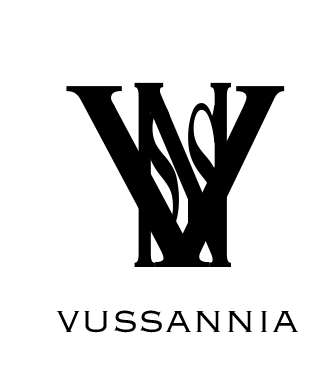The Birth of a Fashion Label: Vision and Origin
The inception of a fashion label often begins with a unique vision, rooted in the founder’s inspirations and aspirations. A fashion brand does not merely emerge; it is born out of a fusion of creativity, personal experiences, and the desire to fill a void in the market. Founders frequently draw from their backgrounds, whether in art, culture, or personal style, to cultivate an identity that resonates with consumers. This fundamental vision forms the backbone of the label, creating a narrative that shapes its future.
Cultural and social dynamics also play a pivotal role in the birth of fashion labels. For instance, the emergence of a brand may coincide with societal shifts, such as movements for sustainability, inclusivity, or diversity. These influences shape the branding narrative and allow fashion entrepreneurs to connect deeply with their target audience. The ability to weave these societal threads into the brand’s story enhances its relatability and relevance in a fast-paced fashion landscape.
The significance of storytelling in branding cannot be overstated. A compelling narrative about the label’s inception, its core values, and its mission helps to foster brand loyalty, as consumers are increasingly drawn to brands with authentic stories. Additionally, developing a unique selling proposition (USP) is crucial for distinguishing a brand from competitors. Whether through innovative designs, sustainable practices, or exclusive craftsmanship, the USP informs consumers why they should invest their time and resources in that specific label.
Early decisions regarding design, target audience, and marketing strategies establish the groundwork for a brand’s identity and market positioning. Throughout this formative period, challenges are inevitable; whether facing financial constraints, logistical hurdles, or the daunting task of gaining visibility in a saturated market, navigating these obstacles is integral to shaping a brand’s trajectory. As the brand grows, these foundational elements and experiences will ultimately define its evolution and success in the fashion industry.
Evolving Brand Strategies: Navigating Trends and Consumer Behavior
The fashion industry is in a constant state of flux, driven by ever-changing trends and shifting consumer behaviors. As a result, fashion brands have developed sophisticated strategies to remain competitive and relevant in this dynamic environment. One key approach involves collaboration with influencers who have the power to sway consumer opinions and preferences. By partnering with influential figures, brands can tap into their audience, leveraging their credibility to reach new demographics and create a sense of authenticity around their products.
Sustainability has emerged as another critical aspect of brand strategy in recent years. Consumers are increasingly prioritizing ethical practices, leading fashion labels to embrace eco-friendly initiatives in their production and supply chain processes. This shift not only caters to the growing demand for responsible consumption but also helps brands cultivate a positive public image, highlighting their commitment to making a difference in the industry. Brands like Patagonia have successfully demonstrated how to combine sustainability with a strong brand identity, appealing to socially conscious consumers while maintaining their integrity.
The rise of digital technology has transformed the way brands connect with their audience. Social media platforms serve as essential tools for fashion labels to promote their collections and engage with consumers on a personal level. Innovative marketing campaigns utilizing interactive content can significantly enhance brand perception and influence purchasing decisions. For instance, brands like Gymshark have capitalized on their online community, leveraging user-generated content to foster loyalty and inspire a sense of belonging among their customers.
In this fast-paced industry, staying relevant while maintaining core values and brand integrity is paramount. Effective fashion brands continuously monitor trends and consumer preferences, adapting their strategies accordingly. Through thoughtful collaborations, sustainability initiatives, and savvy digital engagement, they can navigate the complexities of the modern market while forging a unique identity in style.


